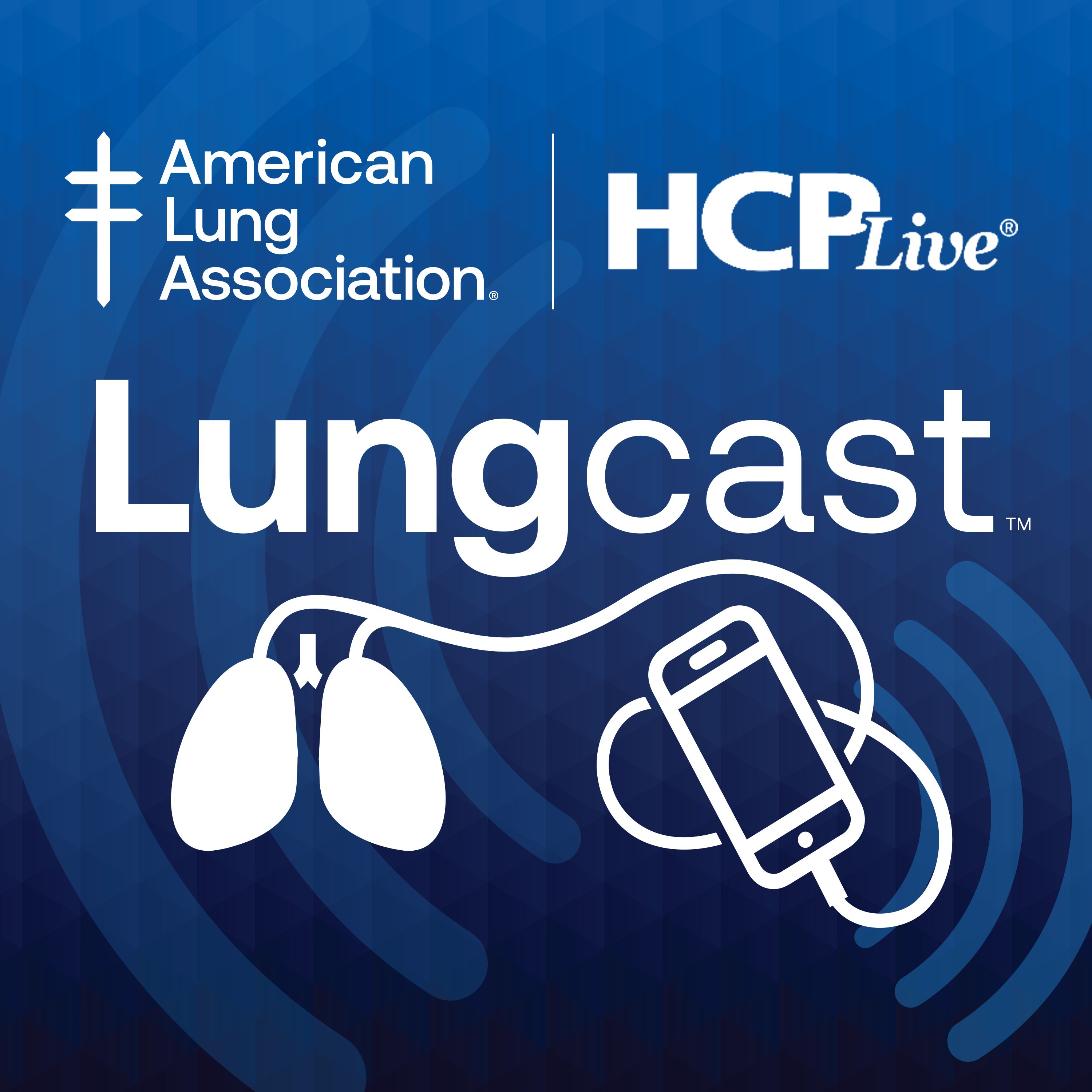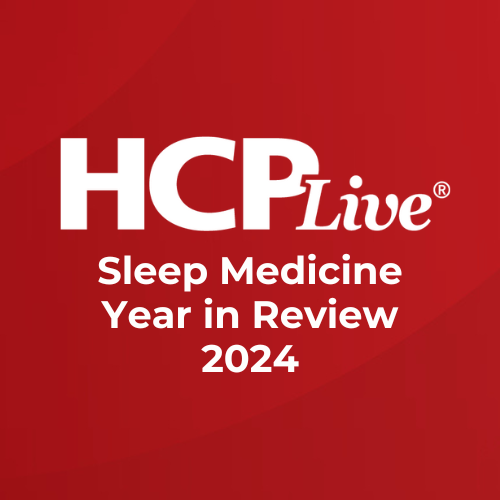Article
Sleep Apnea Associated with Increased Risk of Alzheimers Disease
Author(s):
Investigators found that sleep apnea was also associated with an increased risk of Parkinsons disease.
Martin Guay-Gagnon, MD

A new investigation on the complications of sleep apnea found that it significantly increased the risk of dementia, particularly with Alzheimers and Parkinsons disease.
However, sleep apnea did not increase the risk of vascular dementia.
In the past, several pathophysiological pathways had been suggested between sleep apnea and dementia. Investigators suggested that a strong causal relationship between sleep apnea and the onset of certain neuropathological entities would be crucial in understanding the the underlying pathophysiological mechanism regarding dementia.
As such, an investigative team led by Martin Guay-Gagnon, MD, of the University of Montreal conducted a systematic review and meta-analysis that assessed the risk of developing dementia in patients with sleep apnea.
Several phenotypes of dementia were considered including Lew body demendita, frontotemporal dementia, and mixed dementia.
The team utilized the Web of Science Core Collection database to perform a literature search that included the keywords sleep apnea, dementia, and the various forms of dementia featured in the study.
Parkinson’s dementia was considered an outcome of interest due to its high prevalence.
The searches were performed from the inception of the databases to March 1, 2021, with criteria including the full, peer-reviewed article, a need for prospective and retrospective cohort design, the exposure of interest being sleep apnea, and a clinical diagnosis using ICD-9 or ICD-10 codes.
From there, 2 reviewers independently determined the studies eligible for inclusion.
A total of 1191 records were screen, 1165 of which were excluded on the basis of their abstract. In total, 26 full text articles were assessed, and from them 11 studies were included in the systematic review while 8 studies were included in the meta-analysis.
From these studies, a total of 1,333,424 patients from 3 countries were included. Notably, only 2 studies were prospective studies, and 1 study was conducted with an all-female patient cohort, while another focused exclusively on male veterans.
Investigators observed that patients with sleep apnea were at an increased risk of developing any type of neurocognitive disorder (HR: 1.43 [95% CI 1.26–1.62]).
Pooled data from 5 studies that specifically assessedthe risk of Alzheimers disease found a significant association between the disease and sleep apnea (HR: 1.28 [95% CI 1.16–1.41]).
Pooled data from the 2 studies that assessed the risk of Parkinsons disease found that patients with sleep apnea were at a 54% increased risk, with heterogeneity also being considered substantial.
Investigators considered the data regarding Alzheimers and all-cause dementia to be “robust”, with increased risk being similar for both outcomes at 34% and 28%, respectively.
However, the team noted that cross-sectional studies on the prevalence of sleep apnea in patients with Parkinsons or Lewy body dementia found that sleep apnea was not significantly more prevalent in affected individuals.
“These findings suggest that many different pathophysiologic pathways may existbetween sleep apnea and neurodegenerative disorders, but there is acritical need for better designed prospective cohort studies that use biomarkers in order to gain a greater understanding of these underlying pathways,” the team wrote.
The study, "Sleep apnea and the risk of dementia: A systematic review and meta-analysis," was published online in the Journal of Sleep Research.





